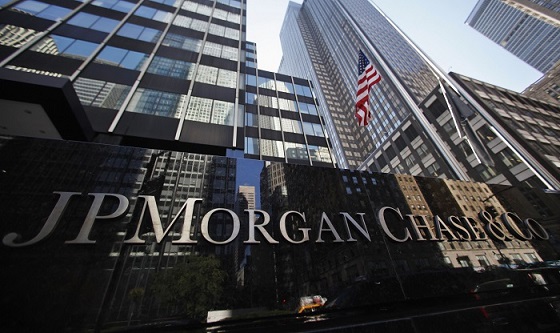The Bank of England’s attempts to push through new rules to regulate so-called ‘shadow banking’ is “hard going”, the central bank’s deputy governor has said.
Late last year, the G20’s Financial Stability Board (FSB) and global securities markets regulator body IOSCO said that tackling shadow banking would be a priority in 2024.
Shadow banking refers to the lending activities that take place outside of traditional banking institutions and regulations from non-bank financial institutions like hedge funds, money market funds, and investment banks that act as lenders and borrowers in capital markets instead of taking deposits like traditional banks. It has grown to account for just under half of the world’s financial assets.
Speaking to parliament’s Treasury Select Committee on Wednesday, Sam Woods said that attempts to regulate the sector have been slower than the series of reforms to bank capital and liquidity.
He said: "It's quite frustrating. We are making some progress."
Woods explained that achieving “meaningful reform” in the non-bank sector is challenging due to its international nature, and that cooperation from other countries is needed to achieve change.
The BoE is pushing ahead of other countries to introduce globally-agreed ‘step-in’ rules dealing with reputational and other risks from banks not helping struggling shadow banks it has connections with, Woods said.
During the session, lawmakers pressured Woods to ramp up the 'Edinburgh Reforms' which the committee described as a “damp squib”. These reforms were proposed to provide more flexible, outcomes-based financial regulations for the UK post-Brexit to maintain the competitiveness of its banking and financial services sector.
Woods disagreed with this assessment, noting that “we are going at a good pace” and said that industry wanted regulators to take more time to introduce rules following consultations.
Latest News
-
Gemini to cut quarter of workforce and exit UK, EU and Australia as crypto slump forces retrenchment
-
Bank ABC’s mobile-only ila bank migrates to core banking platform
-
Visa launches platform to accelerate small business growth in US
-
NatWest to expand Accelerator programme to 50,000 members in 2026
-
BBVA joins European stablecoin coalition
-
eToro partners with Amundi to launch equity portfolio with exposure to ‘megatrends’
Creating value together: Strategic partnerships in the age of GCCs
As Global Capability Centres reshape the financial services landscape, one question stands out: how do leading banks balance in-house innovation with strategic partnerships to drive real transformation?
Data trust in the AI era: Building customer confidence through responsible banking
In the second episode of FStech’s three-part video podcast series sponsored by HCLTech, Sudip Lahiri, Executive Vice President & Head of Financial Services for Europe & UKI at HCLTech examines the critical relationship between data trust, transparency, and responsible AI implementation in financial services.
Banking's GenAI evolution: Beyond the hype, building the future
In the first episode of a three-part video podcast series sponsored by HCLTech, Sudip Lahiri, Executive Vice President & Head of Financial Services for Europe & UKI at HCLTech explores how financial institutions can navigate the transformative potential of Generative AI while building lasting foundations for innovation.
Beyond compliance: Building unshakeable operational resilience in financial services
In today's rapidly evolving financial landscape, operational resilience has become a critical focus for institutions worldwide. As regulatory requirements grow more complex and cyber threats, particularly ransomware, become increasingly sophisticated, financial services providers must adapt and strengthen their defences. The intersection of compliance, technology, and security presents both challenges and opportunities.
© 2019 Perspective Publishing Privacy & Cookies













Recent Stories